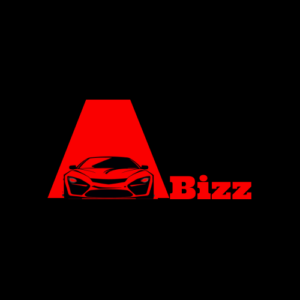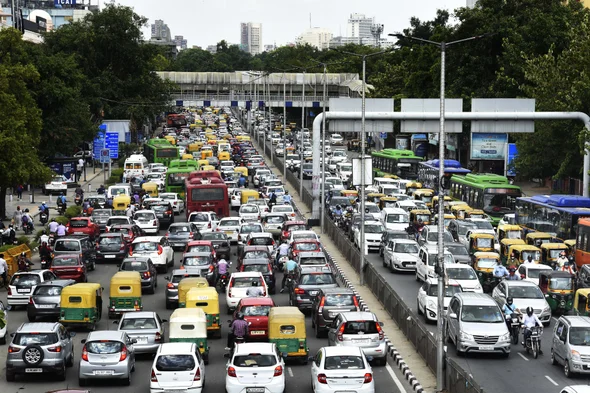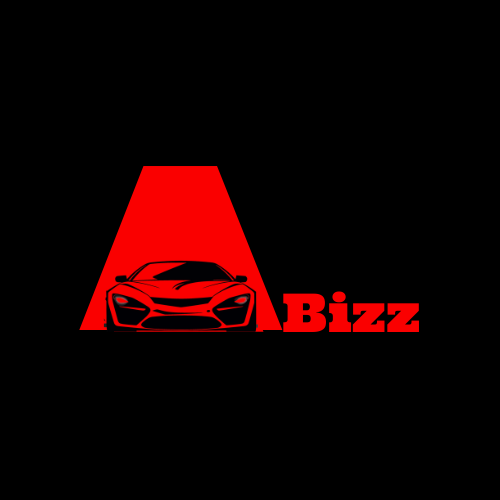Join Gearhead Community on Telegram
As per a report by India Energy Storage Alliance (IESA), the growth in the EV segment may happen due to various reasons such as increase in fuel prices, entry of new manufacturers, development and advancement of technology related to EVs.
The electric vehicle market in India is expected to grow at a compound annual growth rate of 49% between 2021 and 2030, with the EV segment’s volume exceeding 17 million units sold annually by 2030. According to a report by the India Energy Storage Alliance (IESA), this growth in the EV segment may occur due to a variety of factors including an increase in fuel prices, the entry of new manufacturers, the development and advancement of EV technology, subsidies from both the central and state governments, and the anticipated implementation of an emission standard.
Read More: Delhi To Get One Charging Point For Every 15 Evs By…
According to the report, the electric two-wheeler segment has taken a significant jump following slow growth in the pandemic, accounting for 50% of the total over 4.67 lakh EV sales in the domestic market, followed by sales of three-wheeled electric vehicles, which are on a slow upward trend. With the stated amount of growth that the EV segment may experience in the coming years, the report added that nearly 15 million of the 17 million annual sales of EVs are expected to be electric two-wheelers.
According to the forecast, annual demand for batteries will grow at a compounded annual growth rate of 41% between 2021 and 2030, reaching 142 GWh. Despite the fact that lithium-ion battery market share has been steadily increasing, demand for these batteries surpassed the 1 GWh threshold for the first time last year.
Read More: Hyundai Motor May Speed Up Construction Of Ev Factory In Us
However, the report mentioned lead-acid batteries continued to dominate the Indian EV ecosystem in 2021, accounting for 81 per cent of the market, due to the high demand for e-rickshaws. It also added that in addition to lithium-ion batteries, Lithium Iron Phosphate (LFP) is the chosen option for e-three-wheelers and four-wheelers, whereas Nickel Manganese Cobalt (NMC) is the preferred option for electric two-wheelers and electric buses.
Get the Latest Automotive Updates here. For more such content stay subscribed to Youtube, Google News, Facebook, & Twitter, Instagram. Also, follow us on Flipboard & Reddit where we have a discussion community.


